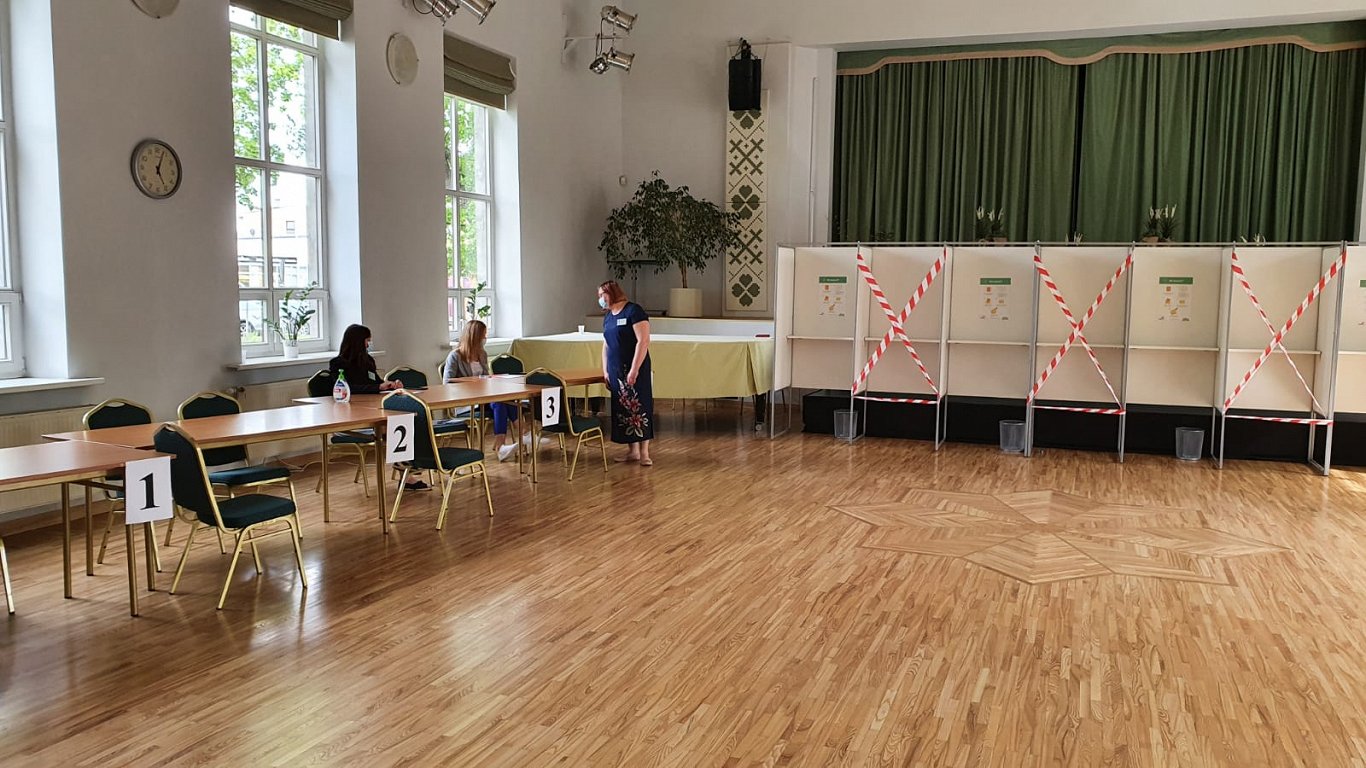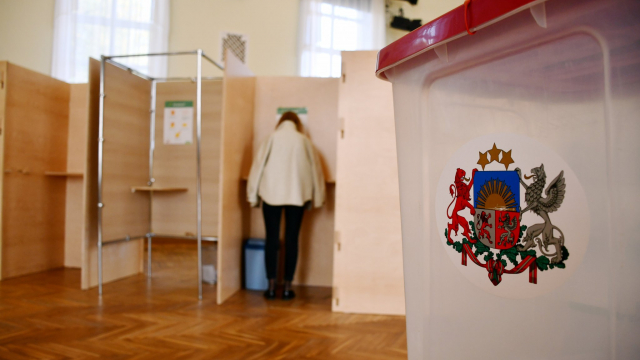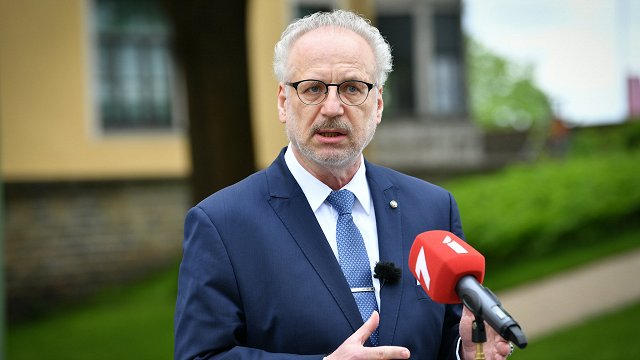The election of local government councils was to take place in 6 cities and 35 municipalities, but elections in Rīga city will not take place this year because the City Council was elected in an emergency election last year and will continue to work until the elections of 2025. As for Rēzekne and Madona, we'll come onto those in a minute.
Though local elections take place every four years, these ones are particularly significant and difficult to predict as they are the first elections after wide-ranging regional administrative reforms greatly reduced the numbers of individual constituencies and council seats available. Now there will be 42 loal government entities. Previously there were 119.
Consequently the whole tone of political campaigning has been altered, with candidates having to appeal not only to their immediate parishes, but to a wider county-type constituency, giving manifestos and debates a feeling somewhere between past local elections and national Saeima elections.
Also adding a different twist are the many smaller-regional parties involved in campaigning, many of which are not represented at all in Saeima or when fighting national-level elections team up with other parties on joint lists. It's not unusual to see a billboard advertising a party you might never have encountered before, prompting you to look up exactly who they are and what they stand for.
In these elections, 61.5 % of candidates are male and 31.5 % are female.The average age of candidates is 46 years, though the ages of candidates range from 18 to 91 years.
However, the pre-election process has been further complicated by a recent judgement of the Constitutional Court, which states that joining the Varakļāni municipality to the Rēzekne municipality does not comply with the Constitution. As a result the Central Election Commission (CVK) decided on Friday, 28 May 2021 to cancel the local government elections in Rēzekne municipality.
That's not all. The CVK also decided, as a matter of urgency, to cancel elections in the Madona municipality, as only on May 31 (the first day of early voting) was the Saeima considering amendments to the law, which will determine whether Varakļāni will be added to the Madona municipality instead.
"In the opinion of the CVK, it is unacceptable that voters would go to vote and then a decision would be announced, which would mean the annulment of those votes," said the CVK.
In these electoral districts, elections will have to be re-announced, so the submission of the lists of candidates, the change of the electoral district and other electoral processes will take place again. Consequently, municipal election commissions will have to destroy the ballot papers of the elections of 5 June in these electoral districts as well as unopened ballot envelopes received in postal voting. It is possible a new vote will take place in September.
Setting aside the wrangling between the Constitutional Court and the Saeima, a total of 683 councillors were due to be elected to local government councils. By comparison, in the local government elections of 2017, total 1,554 councillors were elected to the councils of 118 local governments (with the exception of Rīga), so that the number of councillors to be elected in these local governments will fall by 56% after this year's elections.
On top of that there is the background of the ongoing Covid-19 pandemic to consider. Special measures at polling stations have been introduced to meet epidemiological requirements and it will also be the first time that a new voting register solution – an electronic online voter register – will be tried in real time in all polling stations, which will enable voters to vote in any of the stations in their polling area by presenting an identification document. However, this is not electronic voting in the sense that it is practiced in Estonia, for example.
For voters who are unable to vote on the official election day, June 5, early voting will be open on May 31, June 3 and 4. On Tuesday June 1 and on Wednesday June 2, polling stations will not be open.
The vote will resume on Thursday, June 3, when the working time of the polling stations will be between 9:00 and 16:00, and on Friday, June 4, 13:00 to 20:00.
The working hours of polling stations on the election day, June 5, will be 7:00 to 20:00.
More information about local elections, much of it also available in English, is available on the CVK website.
On voting day itself you can watch the level of voter activity and later check the actual results. Naturally, LSM will also be providing coverage and summaries of the main news.
CVK has also produced animated videos on the procedure of voting in Covid-19 circumstances.





























